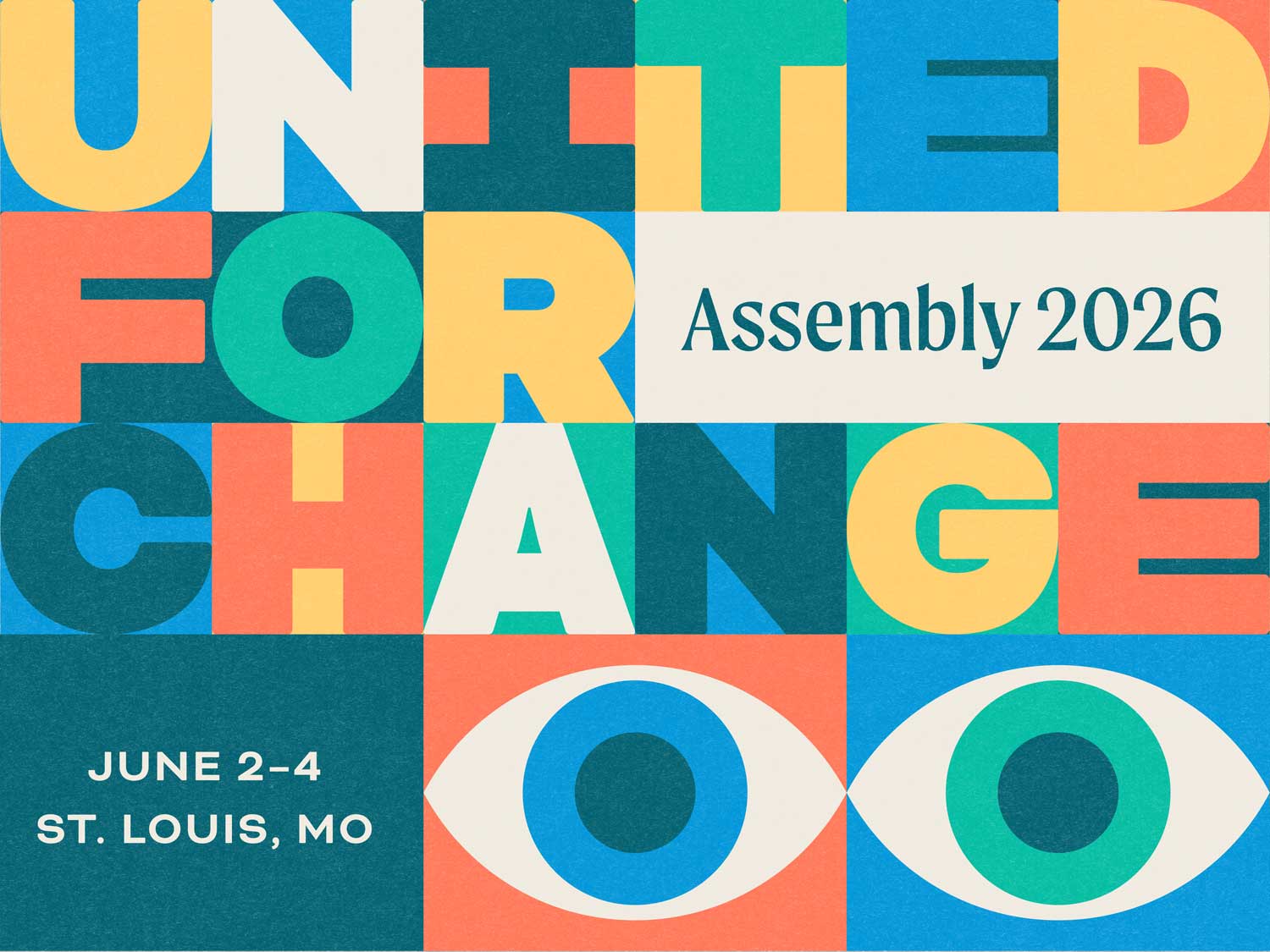Calendar of Events
Upcoming Programs & Networking Opportunities
-
Virtual Program
United for Change: A Catholic Response to Today’s Global Health Challenges
Jan 29, 2026
Save the Date
Assembly 2026
Mark your calendar and plan to join leaders from across Catholic health care June 2-4, 2026 in St. Louis!

